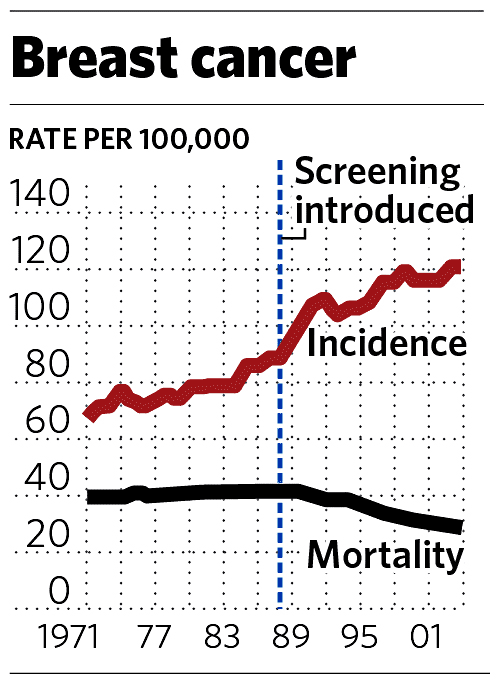Gene discovery raises hopes of new treatment for breast cancer

Your support helps us to tell the story
From reproductive rights to climate change to Big Tech, The Independent is on the ground when the story is developing. Whether it's investigating the financials of Elon Musk's pro-Trump PAC or producing our latest documentary, 'The A Word', which shines a light on the American women fighting for reproductive rights, we know how important it is to parse out the facts from the messaging.
At such a critical moment in US history, we need reporters on the ground. Your donation allows us to keep sending journalists to speak to both sides of the story.
The Independent is trusted by Americans across the entire political spectrum. And unlike many other quality news outlets, we choose not to lock Americans out of our reporting and analysis with paywalls. We believe quality journalism should be available to everyone, paid for by those who can afford it.
Your support makes all the difference.A discovery that has "profound implications" for the diagnosis and treatment of aggressive breast cancer has been made by scientists who believe they have found a critical gene that causes a tumour to spread.
The gene was known to be involved in the functioning of the immune system but a study has now shown that when it is active in a breast tumour it causes cancerous cells to break away to other parts of the body.
Scientists believe the discovery raises the prospects of tests being developed to assess the risk of an aggressive form of breast cancer developing in a patient, and to find ways of treating tumours before, or even after, they have begun to spread.
Breast cancer is the most common form of cancer in women, with more than 44,000 diagnosed each year. Of these, some 12,000 die every year, mostly from aggressive forms of the disease that have spread to other vital organs.
The gene is responsible for a protein called SATB1 which regulates up to 1,000 other genes by binding to DNA and causing the double-stranded molecule of inheritance to open up into the two single strands that form the double helix.
In studies of more than 2,000 laboratory specimens of human breast tumours, the scientists found that high levels of SATB1 are significantly linked with the deadliest forms of the cancer.
They also found that high levels of SATB1 in human breast cancer cells injected into laboratory mice increases the tendency of the cancer to spread to other parts of the body – a process called metastasis.
But crucially the scientists found that switching off the gene for SATB1 in the cancerous cells resulted in the appearance of fewer – or even none – of the metastatic nodules caused when a tumour begins its lethal movement away from the breast.
Terumi Kohwi-Shigematsu, a scientist at the University of California, Berkeley, who led the study published in Nature, said the discovery of SATB1's role gave new understanding of how a solid cancerous tumour can splinter into metastatic tumours.
"SATB1 increases the expression of genes that promote tumour growth and reduces the expression of tumour suppressors," said Dr Kohwi-Shigematsu.
Among the hundreds of genes controlled by SATB1 are those involved in stimulating growth factors, or the ability of cells to stick to one another, or those sending growth signals from one cell to another – all features known to be implicated in tumour growth and spread.
"In breast tumours, SATB1 reprogrammes the genome to change the expression of hundreds of genes, promoting tumour growth and metastasis," said Dr Kohwi-Shigematsu. "What we have found is a new model of altered gene regulation during the progression of tumours, which depends on SATB1's reprogramming of the gene expression profile. What results is an aggressive cancer phenotype [appearance] that promotes tumour growth and metastasis."
Key facts
* Breast cancer rates have increased by more than 50 per cent over the past 20 years, and by 12 per cent over the past decade in the United Kingdom.
* The NHS breast-screening programme in England saves around 1,400 lives each year.
* Women with a mother, sister or daughter diagnosed with breast cancer have an 80 per cent higher risk of being diagnosed with breast cancer themselves.
* Most breast cancers are "sporadic", meaning they occur at random, but a small proportion are inherited within a family due to faults in genes such as BRCA1 and BRCA2.
Join our commenting forum
Join thought-provoking conversations, follow other Independent readers and see their replies
Comments